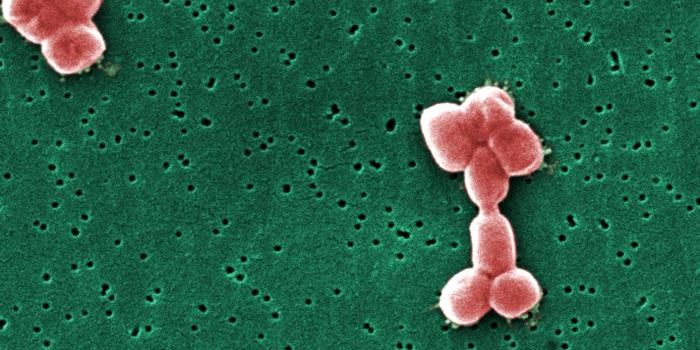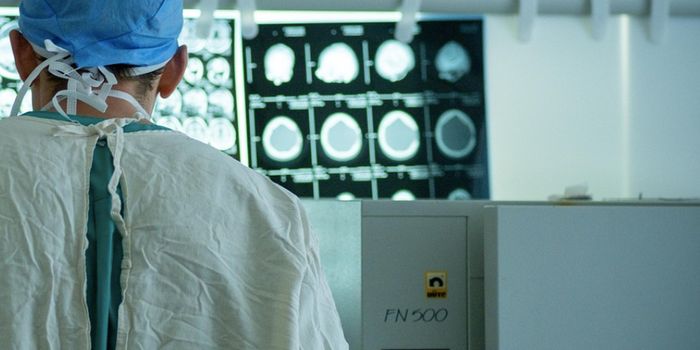What's the Best Amount of Sleep in Middle and Old Age?
Poor and erratic sleep patterns are thought to contribute to cognitive decline and psychiatric disorders in older age. Researchers at the University of Cambridge and Fudan University say seven hours is just the right amount of sleep for middle and older-aged adults for optimal cognition and mental health.
Published in Nature Aging, the study included data from nearly 500,000 adults between ages 38 to 73 years old from the UK Biobank. Researchers collected data on sleep patterns, mental health, and cognitive function. Approximately 40,000 of the participants also had brain imaging and genetic data available.
Short nights of sleep as well as excessive sleep were associated with decreased processing speed, visual attention, memory, problem solving and increased symptoms of anxiety and depression. The researchers suggest disruption of deep, slow-wave sleep is the reason behind these findings. When slow-wave sleep is disrupted, memory consolidation is reduced and more amyloid plaques form. Amyloid plaques are a key finding in the brains of dementia patients.
Suboptimal sleep patterns were also linked to greater changes in brain structures involved in cognitive processes.
The researchers of this study suggest that people get a consistent seven hours of sleep a night as they age and that finding ways to improve sleep in older adults could help avoid cognitive decline.
For long-term improvement of sleep problems in older adults, previous studies have suggested cognitive-behavioral approaches rather than anxiolytics and antidepressants, which are more appropriate for short-term use.
These behavioral approaches include stimulus control, sleep restriction, relaxation training, cognitive restructuring, and sleep hygiene education. Stimulus control tactics involve minimizing napping, getting up at the same time each day, getting out of bed when unable to sleep, and then going to bed only when sleepy.
Sleep restriction begins with sleep deprivation followed by gradual increases in sleep duration until at the recommended length. Relaxation training and cognitive restructuring aim at reducing anxious thoughts that may interfere with sleep. Sleep hygiene includes avoiding food, alcohol, caffeine, and exercise close to bedtime.
Other suggested non-pharmacological approaches for improving sleep are mindfulness-based stress reduction, bright light therapy, and acupuncture.
Sources: Nature Aging, Science Daily, Sleep Med Clin








